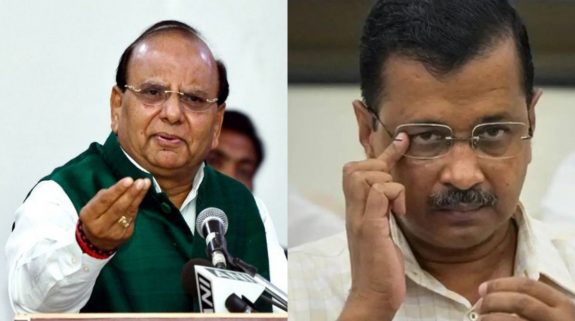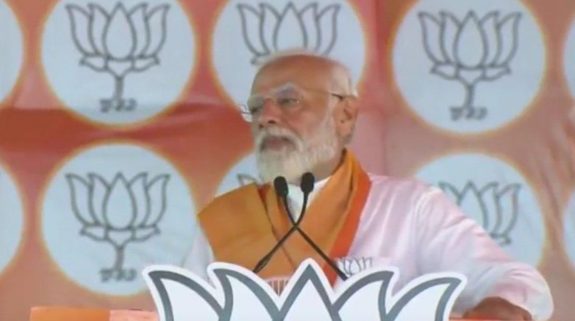India is at a watershed moment in its cryptocurrency regulatory history. On Sunday, the 10th of September, India’s government, under the leadership of Economic Affairs Secretary Ajay Seth, announced the launching of the country’s first cryptocurrency regulations after discussing the decision globally and with national stakeholders.
Economic Affairs Secretary Ajay Seth’s Revelations
Ajay Seth said the government is taking the decision carefully, aiming to build its policies in the country’s and stakeholders’ interests. One of the hottest issues was the discussion of the RBI’s ban on cryptocurrency. According to Ajay Seth, the ban is the main concern of the government discussion.
As a common objective, the economic leadership will analyze the ban and see how it can meet globally shared agreements. India has been making important progress within the G20 membership, working with organizations such as the IMF (International Monetary Fund), the FSB (Financial Stability Board), the FATF (Financial Action Task Forse), and the BIS (Bank for International Settlements). Such international bodies have unanimously reached a comprehensive understanding of the need for policies to protect traders and stakeholders from the risks of cryptocurrency trading.
New Guidelines For Crypto Issuers
The regulations of cryptocurrencies in India go hand in hand with the potential introduction of pivotal guidelines. In particular, crypto asset issuers will have to register and obtain a license to operate in India. This guideline aims to help traders recognize legitimate and trustworthy national issuers. Also, the new rule will give stability to the volatility of cryptocurrencies.
Today, most traders approach the financial world through online platforms offering remote trading services, such as Arabfinancials, a dominant Forex and digital currency trading site serving Arab traders. Seth also reveals that earlier decisions about stablecoins and unbacked crypto assets from the Economic Affairs Minister have already been approved.
India’s government will also introduce the principle of “similar activities and risks, ” meaning that activities posing the same risk must comply with the same regulations. This new guideline focuses on creating a fair and consistent crypto world that will inspire other future financial decisions.
Impact of Crypto Trading Risks on Emerging Economies
Another relevant aspect of regulating cryptocurrencies is that the G20 highlighted the risks of crypto trading and their impact on emerging economies. The G20 members are working to identify the risk factors and build a regulatory structure to preserve traders and national economies from falling into those risks.
The G20 analyzed the global growth trends and future projections. While inflation is high in several economies, leading central banks are considering increasing their policy rates. The two financial trends might affect the economic growth in those nations. In particular, global trade is enhancing India’s goods exports, which could slow down the impact of weaker global trade on the national economy.
India is performing a milestone unblocking of potential within cryptocurrencies. This year’s G20 revealed the success behind the Economic Affairs Minister’s and Prime Minister’s conjoint cooperation and financial diplomacy strategies. As a next step, the G20 focused on Morocco’s first steps to the global crypto regulations through a new discussion table to help the country define its crypto environment and financial role.















